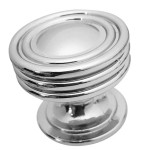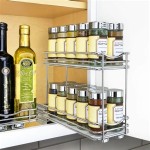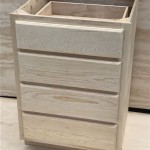Laminar Flow Cabinet HEPA Filter
A laminar flow cabinet, also known as a tissue culture hood, is a laboratory workspace that provides a sterile and controlled environment for performing experiments and handling sensitive materials. It is designed to maintain a constant airflow of filtered air that flows in a unidirectional stream, creating a clean and particulate-free work surface. At the heart of the laminar flow cabinet's performance is the HEPA filter, a critical component responsible for removing airborne contaminants and ensuring the sterility of the workspace.
HEPA (High-Efficiency Particulate Air) filters are highly effective air filtration systems capable of capturing and retaining 99.97% of particles with a diameter of 0.3 microns or larger. They are constructed of a dense matrix of intertwined fibers that trap airborne particles as air passes through them. The size and efficiency of HEPA filters make them ideal for use in laminar flow cabinets, where they play a crucial role in maintaining a sterile and contaminant-free environment.
The HEPA filter in a laminar flow cabinet is typically located at the top of the unit, where it receives contaminated air from the surrounding environment. As air enters the filter, it is forced through the dense matrix of fibers, causing particles to be trapped and retained. The purified air then exits the filter and is directed downward in a laminar (unidirectional) flow, creating a sterile work surface. This continuous flow of filtered air helps to prevent airborne contaminants from entering the workspace and contaminating materials or experiments.
Regular maintenance and inspection of the HEPA filter are essential to ensure the continued performance and sterility of the laminar flow cabinet. The filter should be replaced periodically, typically every 6-12 months, or as recommended by the manufacturer. Failure to replace the filter regularly can result in a decrease in filtration efficiency and an increased risk of contamination.
Laminar flow cabinets with HEPA filters are widely used in various laboratory settings, including microbiology, cell culture, and sterile manufacturing. They provide a clean and controlled environment for handling sensitive materials, performing experiments, and ensuring the sterility of products. The effective filtration of airborne contaminants by the HEPA filter is critical to maintaining a sterile workspace and protecting valuable materials from contamination.
In addition to its role in laminar flow cabinets, HEPA filters are also used in other applications that require high levels of air filtration, such as cleanrooms, hospitals, and pharmaceutical manufacturing. Their ability to remove airborne particles with high efficiency makes them a valuable tool for maintaining clean and sterile environments in various industries.

Laminar Flow Hood With A Hepa Filter

Bv 48 Flow G Vertical Laminar Cabinet With Hepa Filter Benchvent

Laminar Flow Hood Cabinet Parts Principle Types Uses

Laminar Flow Hood With A Hepa Filter

Bv 36 Flow G Vertical Laminar Cabinet With Hepa Filter Benchvent

Laminar Flow Cabinets Esco Scientific

Factory Direct Sales Laminar Flow Hood Hepa Filter Vertical Clean Bench Bestsuppliers Com

Laminar Flow Cabinets Esco Scientific

Horizontal Vs Vertical Laminar Flow Hoods Lab Supply Network

Laminar Flow Hood Cabinet Parts Principle Application Biology Notes Online








